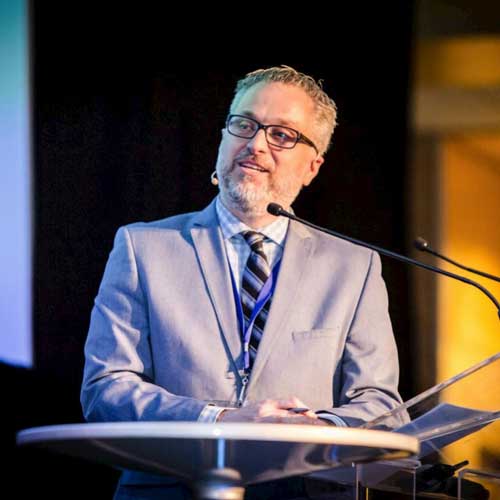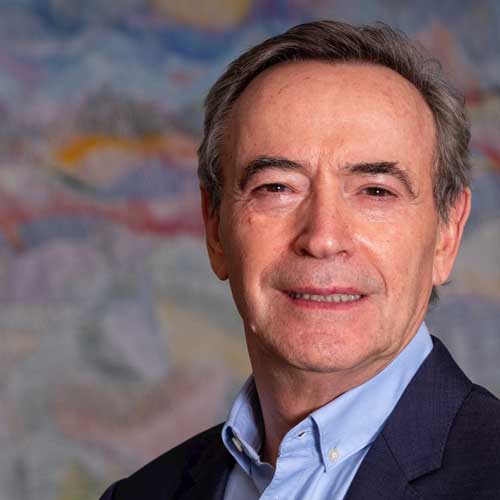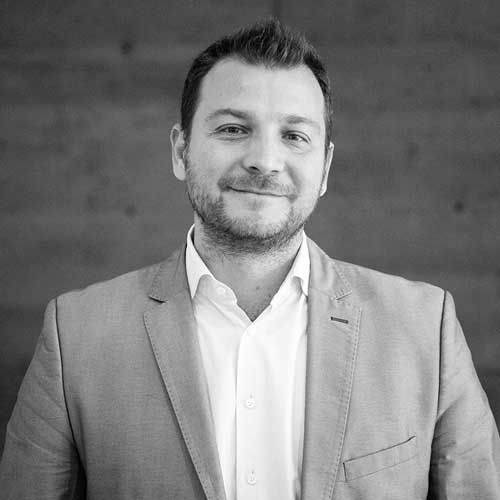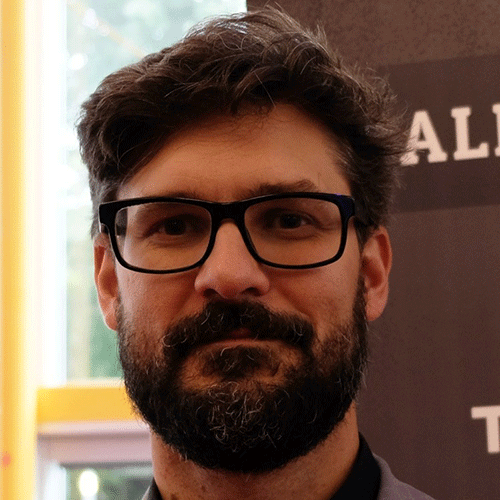About the
Working group
Find out more about the AI and Tourism Working Group and understand our group's objectives to integrate AI into tourism to boost competitiveness and innovation.
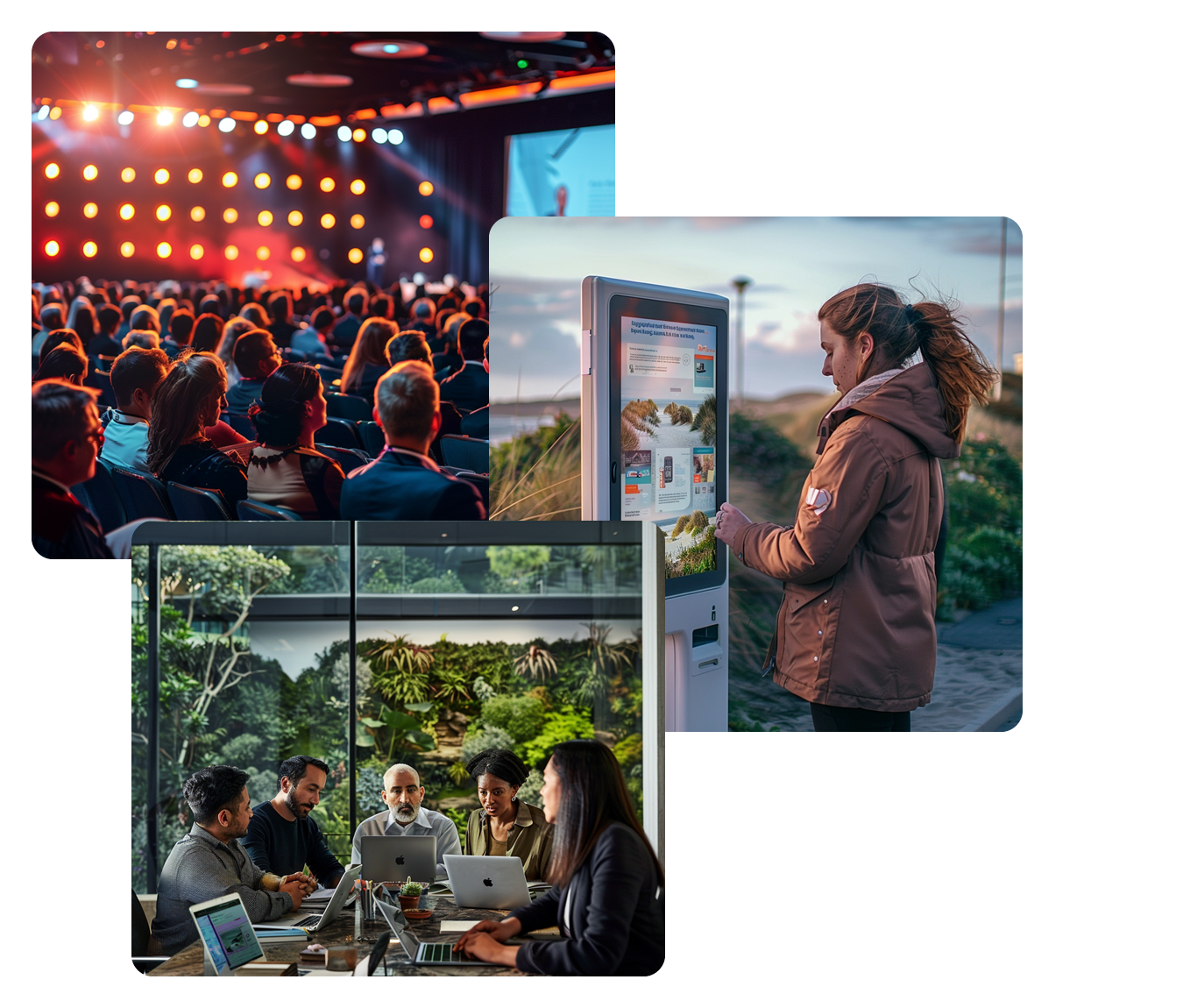

Image generated by Midjourney
Why set up an AI-Tourism working group?
As in many other sectors of the economy, the deployment of Artificial Intelligence (AI) in 2023 has become a reality that is already raising many questions for industry players, even those who have been following its development for some years.
The progress of these generative AI technologies and the results produced by the new conversational robots, in particular those very accessible to the public via ChatGPT, have reached milestones this year that signal a profound and rapid change in the evolution of this technology, akin to the transformational arrival of computing and then the Internet in our societies over the last 30 years.
At Pierre Bellerose's initiative, a working group was set up with the strategic collaboration of the MT Lab to help analyze the challenges and identify opportunities for the tourism industry in relation to Artificial Intelligence, drawing on the expertise developed in Montreal.
Mission
To be a multiplier that actively participates in making Quebec's tourism industry a fertile ecosystem for business innovation related to Artificial Intelligence. In collaboration with the MT Lab and the entire tourism community, The Working group is operating to ensure that our sector properly and agilely integrates AI tools. In this sense, it contributes to analyzing the challenges and identifying the business opportunities posed by the emergence and deployment of artificial intelligence in our industry.
Vision
Actively participate in making the Quebec tourism community a recognized leader in the integration of artificial intelligence in the tourism sector, enabling Quebec to become a benchmark for business innovation and tourism competitiveness through the optimal and ethical use of artificial intelligence.
Values
The fundamental values that guide the Working group actions and decisions are :
- Innovation: Encourage innovation in the use of Artificial Intelligence to proactively respond to the changing expectations of travelers, improve the operational efficiency of our players and create memorable experiences.
- Collaboration: Promote collaboration between the various players in the tourism industry and artificial intelligence experts.
- Ethics: Adhere to the ethical principles of the Montreal Declaration for the Responsible Development of Artificial Intelligence, ensuring that AI practices respect ethical standards and the rights of individuals.
- Common good: Working for the benefit of the community and ensuring that the technologies and practices implemented benefit all stakeholders, including businesses and visitors.
- Agility: Acting quickly, efficiently and responsibly for our community, striving to maximize benefits while minimizing risks.
Objectives of the approach
The objectives of the Working Group's approach are as follows:
-
Ensure that the tourism sector benefits from Québec's established expertise in AI;
-
Better inform our community about the many advances in AI that will have an impact on the tourism sector (cultural and entertainment) in the near and longer term;
-
Ensure the competitiveness of our industry by participating in the relevant, judicious integration of IA tools into the commercial activities of tourism stakeholders;
-
Stimulate the creation of new tourism businesses that make significant use of AI in their models or raison d'être;
-
Encourage innovative AI companies to apply their expertise to the tourism sector.

Image generated by Midjourney
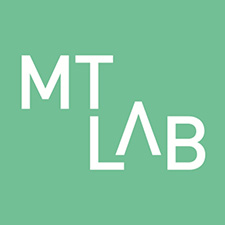
Strategic collaboration with the MT Lab
The Artificial Intelligence and Tourism Working Group works in strategic collaboration with the MT Lab to develop and integrate innovative AI solutions to transform the tourism industry.
Working group members
Strategic committees
Our strategic committees play a key role in providing essential cross-functional expertise. They form the cornerstone of our approach, ensuring a coherent, integrated vision for all our initiatives. Thanks to their expertise, they can effectively guide our actions and maximize the impact of our projects.
COMMITTEE 1

Communications
This committee is responsible for communications, branding, the website, knowledge transfer and the newsletter.
Chaired by Marie-Hélène Raymond
COMMITTEE 2

Experts
This committee provides essential support, bringing cutting-edge expertise in artificial intelligence to guide the Working Group's initiatives.
Chaired by Paul Arseneault and Philippe Caron
Sector committees
At the heart of our working group are dynamic sector committees, each responsible for driving innovation in specific tourism sectors. They play a crucial role in the implementation of innovative and responsible AI solutions.
COMMITTEE 1

Marketing
tourist
This committee focuses on innovation in tourism marketing to optimize traveler attraction and engagement through AI.
Chaired by Véronique Dumas
COMMITTEE 2

Customer Experience, Customer Service and Hospitality
This committee is looking at the customer experience in the broadest sense, integrating AI to offer personalized and efficient customer service.
Chaired by Valérie Therrien
COMMITTEE 3

Internal management and
Human Resources
This committee is responsible for optimizing internal processes and human resources through tailored AI solutions.
Chaired by Xavier Gret
Code of ethics
The Groupe de Travail Code of Ethics is our guide to organizational integrity. It has been established to ensure that each member, taking into account ethical and deontological imperatives, works with objectivity and impartiality, thus reinforcing the bond of trust with the tourism, culture and entertainment industry. By adhering to the principles of the Montreal Declaration for the Responsible Development of AI, our Code of Ethics provides a framework for member conduct, promoting a transparent and responsible approach to AI integration.
This code clearly defines expectations in terms of legal compliance, independence, diligence and confidentiality. It also covers crucial aspects such as managing conflicts of interest and the ethical behavior expected when carrying out the Group's missions.
Through this rigorous approach, the Task Force is committed to maintaining a high standard of governance and operation, ensuring that all actions undertaken serve not only the interests of the industry, but also those of society at large.







